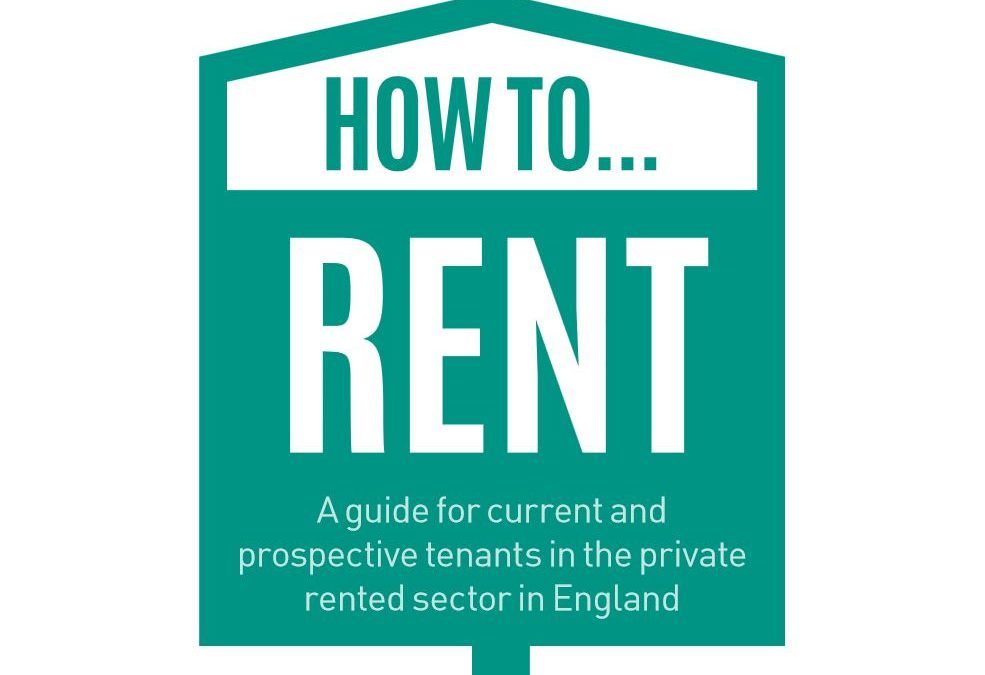On 26 June 2018, the Government issued a new series of four ‘How to’ guides for the private rented sector and leasehold homes in England.
- How to Rent A guide for current and prospective tenants in the private rented sector in England
- How to Rent a Safe Home A guide for current and prospective tenants in England
- How to Let A guide for current and prospective private residential landlords in England
- How to Lease A guide for current and prospective leaseholders in England
The new How to Rent Guide should be used for all tenancies set up from today onwards. If you were to issue the old guide to a tenant that moved in to a property yesterday, it is not clear as to whether this would affect the validity of a future section 21 notice. We would recommend you issue the revised version of the guide immediately as a precaution. You will also need to issue the new guide to all tenancies that become statutory periodic from 26 June 2018 as a statutory periodic tenancy is a new periodic agreement whereas a contractual period continuing from the fixed term is still the original tenancy. Failure to do so will invalidate your section 21 notice.
In conjunction with the How to Rent Guide the Government have launched three further guides giving guidance to both tenants and landlords.
The How to Rent a Safe Home Guide highlights the main hazards prospective tenants should look for when renting a property and states what the landlord’s duties are and where to go should the tenant have a complaint.
The two guides remaining are intended for landlords. The How to Let Guide is for people who are interested in letting a property within the private rented sector. It aids prospective landlords in understanding their responsibilities and guidance in how to create positive relationships with their tenants. Finally the How to Lease Guide provides guidance for people considering purchasing a leasehold property, helping them understand their rights and responsibilities.
The latter three guides are not required to be issued by law but provide tenants and landlords with informative concise information as guidance.


Recent Comments